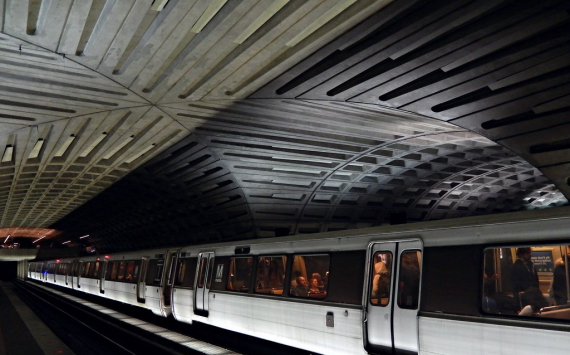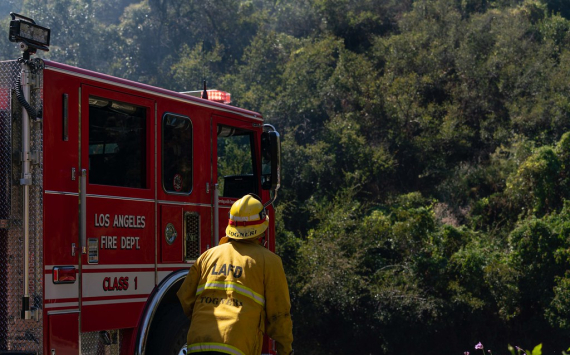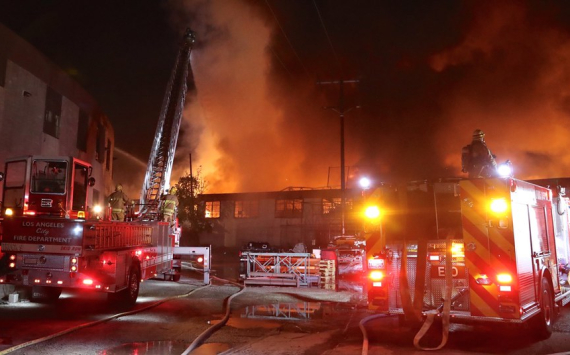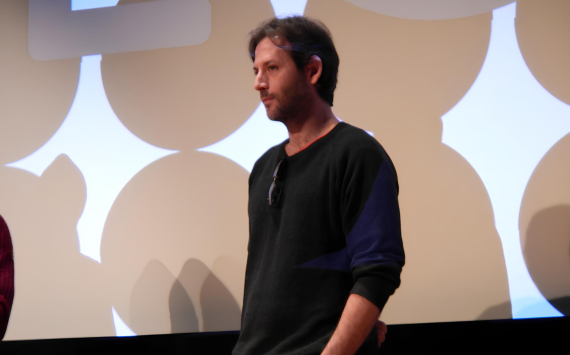
Derailed Trust
After an avoidable derailment in 2021, NTSB Chair Homendy criticized WMATA’s safety culture, leading to the removal of new Metro railcars. She highlighted WMATA’s poor communication regarding a safety issue with the 7000-series cars.
The NTSB’s investigation unveiled a significant safety issue with the 7000-series Metro cars, a fact already known to WMATA. The problem revolved around the widening of wheels, which posed a considerable risk. Homendy underscored the agency’s inadequate communication and apparent indifference towards this vital information.
During a press briefing, Homendy stressed the avoidability of the incident, remarking, “This incident was entirely preventable. It’s a sheer stroke of luck that it didn’t culminate in a catastrophe.”
The Derailment Incident
The derailment transpired on October 12, 2021, along the Metro’s Blue Line in proximity to Arlington National Cemetery. Passengers endured terrifying moments, with some confined in a pitch-black train car within a tunnel. Miraculously, there were no severe injuries.
Homendy disclosed that the same car had derailed earlier the same day, managing to re-rail itself before derailing once more. Subsequent analysis revealed two distinct instances where the train car momentarily derailed and self-corrected.
Consequences and Repercussions
The incident led to the early retirement of WMATA’s former manager, Paul Wiedefeld, in May 2022 due to half of WMATA’s train operators operating without necessary recertification. Wiedefeld is now Maryland’s secretary of transportation. The new General Manager, Randy Clarke, was praised for his proactive approach and implementation of a stringent inspection protocol, including replacing wheelsets on 748 train cars.
The Continuing Controversy
A dispute persists between WMATA and Kawasaki over the $55 million repair costs for the fleet defect. WMATA asserts that Kawasaki is liable under the terms of a performance-based contract. Conversely, Kawasaki accuses WMATA of providing incorrect instructions and failing to communicate effectively, with supporting evidence dating back to 2014.
Looking Ahead
As the 7000-series cars, which make up approximately 60% of the fleet, are gradually reinstated, the ongoing monthly inspections and repairs are being closely monitored by both WMATA and Kawasaki.












































